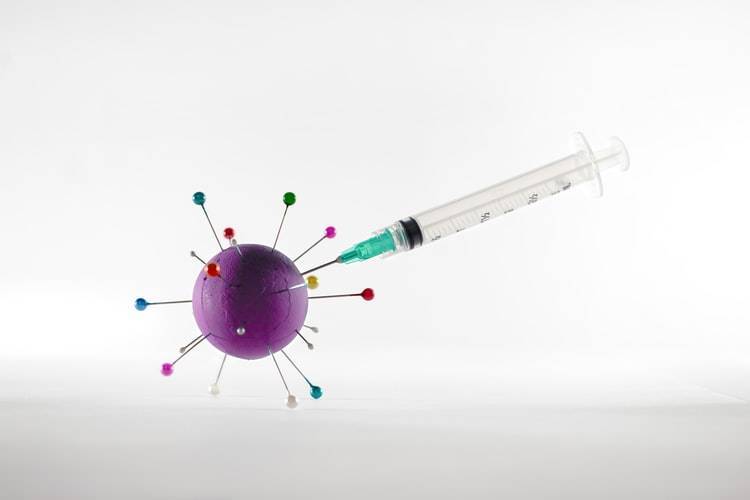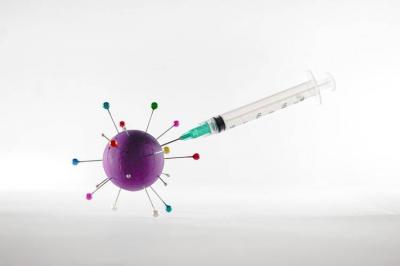The World Health Organization (WHO) clarified the difference between immunity acquired after infection and recovery from the coronavirus and the immunity provided by any of the COVID-19 vaccines. The episode of the program “Science in 5,” broadcast by the WHO on its website and official social media accounts, discussed whether someone who has been infected with COVID-19 can receive the vaccine, how long they should wait after complete recovery to get vaccinated, and the role of the vaccine alongside the naturally formed antibodies in the body.
In episode 50, host Vishmiya Gupta-Smith spoke with Dr. Soumya Swaminathan, chief scientist at WHO, who stated that after contracting COVID-19, individuals can gain an immune response, but this varies from person to person, depending on whether the case was mild or more severe. The Johns Hopkins University reported that the total number of COVID-19 cases worldwide has exceeded 211.3 million, with total fatalities surpassing 4.4 million.
Dr. Swaminathan added that many studies suggest that if a person had a very mild or asymptomatic infection, the antibody levels formed in their body might be very low. This is why the WHO still recommends that even if someone has contracted COVID-19, they should proceed to get vaccinated when available, as the vaccine serves as a booster for the immune system.
Regarding the waiting period after contracting COVID-19 to receive the vaccine, Dr. Swaminathan stated that the vaccine can be administered as soon as full recovery occurs; it is recommended to wait a few weeks, ensuring that the individual exhibits no symptoms and feels completely well when receiving the vaccination. She noted that there are differences among countries, as some recommend waiting three to six months post-infection due to having natural antibodies that would keep them protected for at least some time. Dr. Swaminathan mentioned that because of vaccine supply shortages in many countries, they ask those who have been infected to wait three to six months.
From a scientific and biological perspective, vaccination can occur immediately after recovering from COVID-19, particularly since it's currently impossible to definitively determine the level of neutralizing antibodies that confer protection from reinfection. Thus, it is not recommended to undergo antibody testing to confirm immunity; rather, one should wait for more data based on ongoing research studying the relationship between infection and protection.
In this context, Dr. Swaminathan explained that the type of immunity acquired after natural infection varies greatly among individuals, making it very difficult to predict. Vaccines are standardized based on the antigen dosage administered, stemming from numerous clinical trials. Therefore, when someone is vaccinated, there is a considerable level of reliability in predicting the immune response most recipients will have.
Dr. Swaminathan highlighted the main difference between immunity resulting from natural infection and that acquired post-vaccination. There are fascinating studies currently examining the immune response generated when an individual receives a dose of the vaccine after natural infection, as well as when administering different types of vaccines sequentially—a methodology referred to as “mix-and-match.” Scientists believe that this approach might yield a significantly stronger immune response than natural infection alone or receiving the same vaccine alone. However, these are intriguing ideas that require data waiting on study results.
Dr. Swaminathan affirmed her complete confidence that all vaccines listed in the WHO’s Emergency Use Listing effectively prevent severe illness and the need for hospitalization due to the current variants of the SARS-CoV-2 virus. Nonetheless, it is crucial to adhere to all personal precautions, such as wearing protective masks, maintaining physical distancing, ensuring hand hygiene, and avoiding crowded and enclosed spaces, alongside other health and social measures deemed necessary by governments and local health authorities, especially in the context of insufficient global vaccination rates to lower infection rates in communities.




